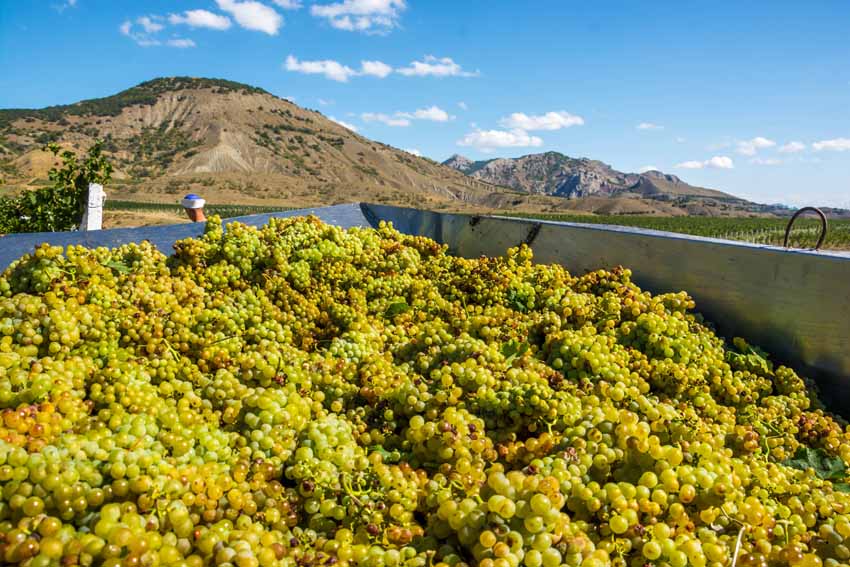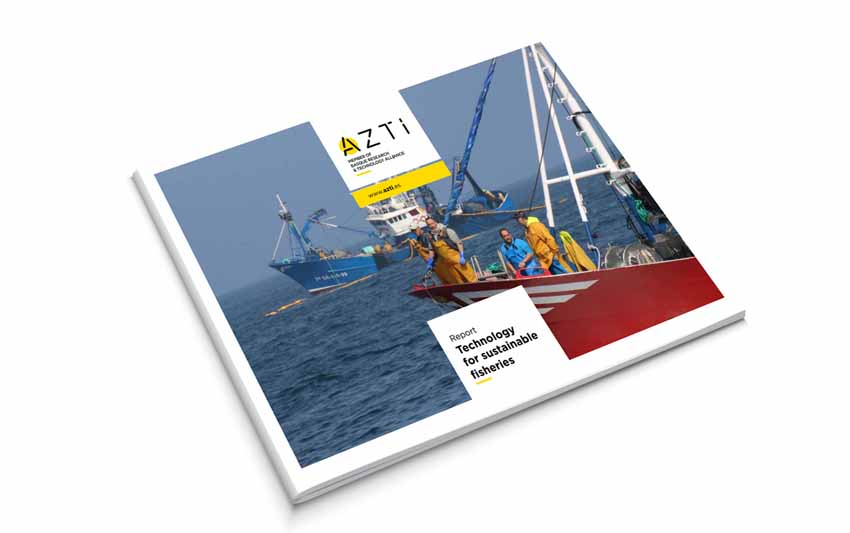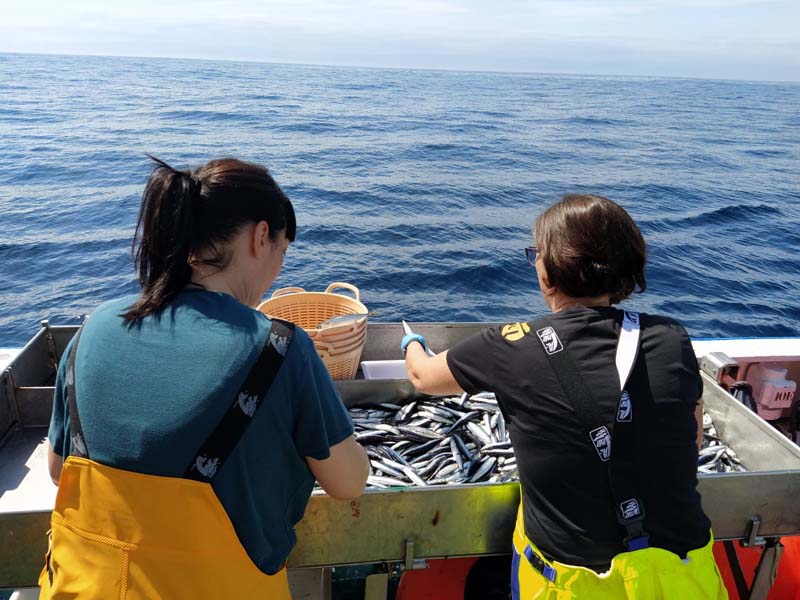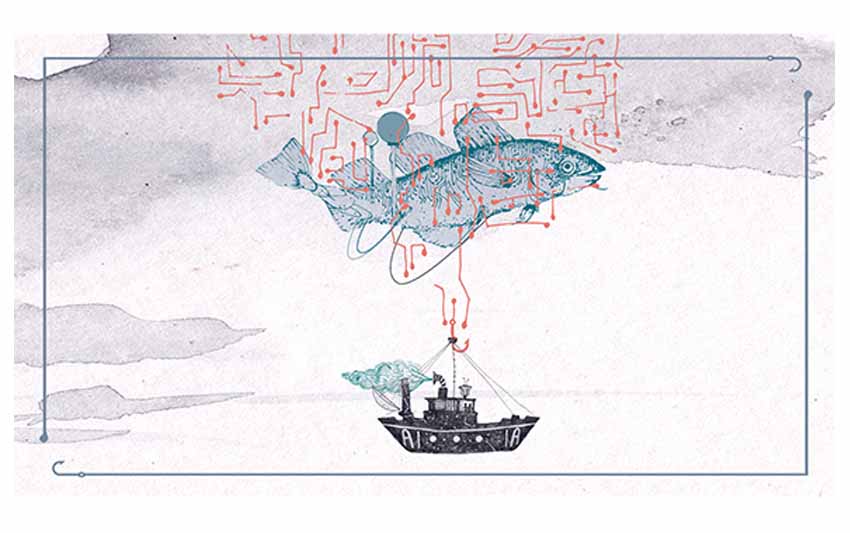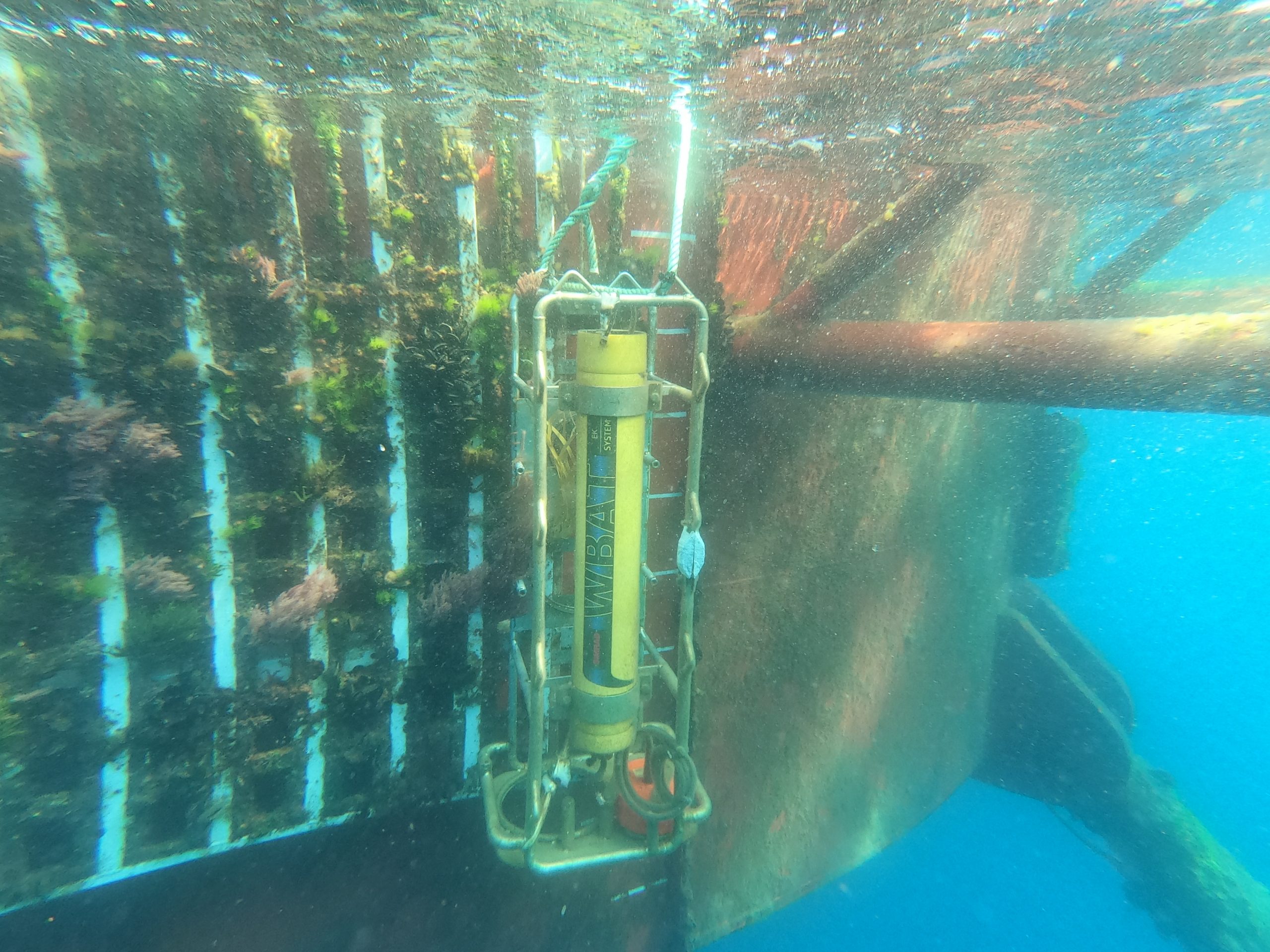An embarrassing frog at COP26
Últimas noticias
Una mirada LGTBIQ+ al reino animal
Circular Economy in Action: Valorisation of By-products through Projects like PRIMA NEWFEED
Strategic Perspectives: Highlights from the Food4Future World Summit for Business Leaders
GUILLEM CHUST, Head of Climate Change in Oceans and Coasts
I watch in astonishment as we rush to predict and retreat from the danger of waves on the Donostia promenade, lava on La Palma, or a hurricane in Florida, and in the same time see our inaction in the face of slow but gradual climate change. It is what has come to be called the metaphor of the boiled frog, used by Al Gore himself in his documentary “An Inconvenient Truth”. If we throw a frog into a boiling pot, it will jump to escape, but if the water is cold and gradually warms up, it will not perceive the danger and will be cooked to death.
Unfortunately for Al Gore, the premise of the macabre metaphor is false, as the biology of thermoregulation tells us that the frog will indeed jump before it dies, though it will do so having suffered. Think of the thousands of climate refugees from floods and droughts. I am an optimist who thinks we can avoid major problems before they arrive. But the detrimental impacts of climate change on society will not come gradually, but in the form of extreme events, abrupt regime shifts, and chaotic climate fluctuations. We have known for decades that a linear increase in conditions, such as a warming sea, can lead to abrupt regime shifts in ecosystems and their biodiversity, and even new states whose return to original conditions requires more effort and time. This is what is known as the point of no return, which scientists have set at the threshold of 1.5-2ºC of global warming compared to the pre-industrial era. And we are already at 0.99ºC, according to the report of the Intergovernmental Panel on Climate Change published this August. Beyond that warming limit, many consequences are extremely difficult to predict because of the role ocean currents play in redistributing the planet’s heat. Such unpredictability is inherent in complex systems, including planetary climate, which has been the focus of this year’s three Nobel prizes in physics.
More than 90% of the excess heat due to global warming of the atmosphere, caused by greenhouse gas emissions, is absorbed by the oceans, and therefore ocean warming is a direct indicator of climate change. In the latest study we have published on the state of the Basque coast and the Bay of Biscay, we noted a change in climatic conditions and the ecosystem associated with climate change since the 1980s, such as the acceleration of the rise in sea level, and a warming of the sea surface to a depth of up to 100 m (0, 10-0.25 °C per decade) which is having an impact on the redistribution of biodiversity, favouring marine species native to warmer waters and harming those native to colder waters, bringing forward anchovy spawning and shifting mackerel spawning northwards. The extreme wave regime has also increased on the Basque coast, associated with more extreme winds in the Bay of Biscay. We do not yet know whether this increase in extreme waves is due to climate change or to its variability, but Kerry Emanuel was recently awarded a prize in Bilbao by the BBVA Foundation for his work demonstrating that the warming of the sea favours atmospheric dynamics, winds and hurricanes. And I’ll just leave it at that. And on the other side of the peninsula, the Mediterranean is warming even faster at a rate of 0.35°C per decade.
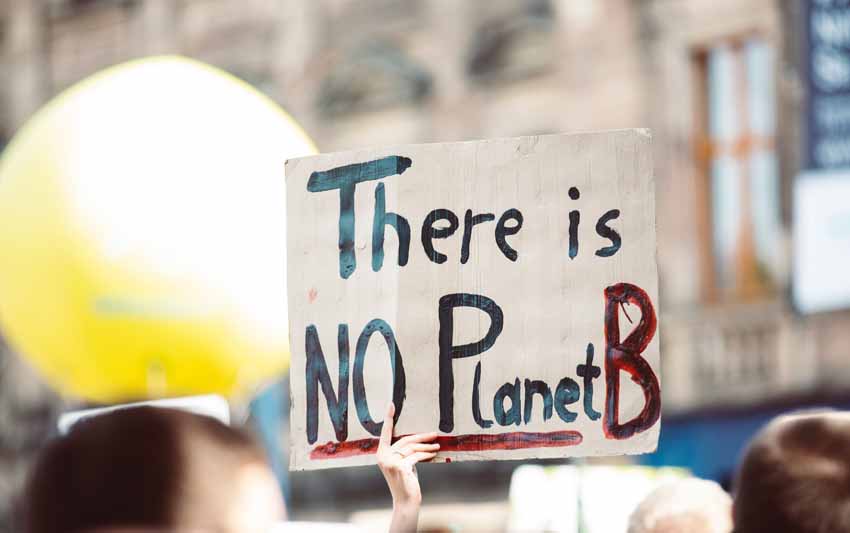
From 1-12 November, leaders from around the world will gather in Glasgow (UK) for the UN climate summit, COP26 (the 26th Conference of the Parties to the United Nations Framework Convention on Climate Change), with the aim of reaching agreements to keep global warming to 1.5°C this century and to comply with the Paris Agreement. This summit was postponed because of the COVID pandemic. It seems that we have not learned much from this period with the virus. Most of the working meetings can be conducted telematically, including COP26, thus avoiding much of the emissions generated by travel. Another counterintuitive element of the pandemic period, as a natural experiment, is that, despite the global economic slowdown, CO2 concentration continues to increase at a rate similar to pre-COVID. One and a half years into the pandemic, although CO2 emissions may have decreased slightly in 2020 according to the UN, this does not seem to have had any impact on the increase in global CO2 concentration, which continues to rise, as indicated by the NOAA laboratory at the Mauna Loa volcano on the Big Island of Hawaii.
Another lesson we can learn from the pandemic period is the importance of international collaboration and the benefits it brings. Both in COVID and in the case of climate change, we have seen yet again the bickering over national economic interests, without the consensus we need. Humanity must learn from interspecies symbiosis. It is not altruism, but mutual benefit. I hope that our response as a global society to climate change will be smarter than the frog, which is already starting to get uncomfortable, and that COP26 will be an opportunity for agreements and policy changes on mitigation and adaptation.
